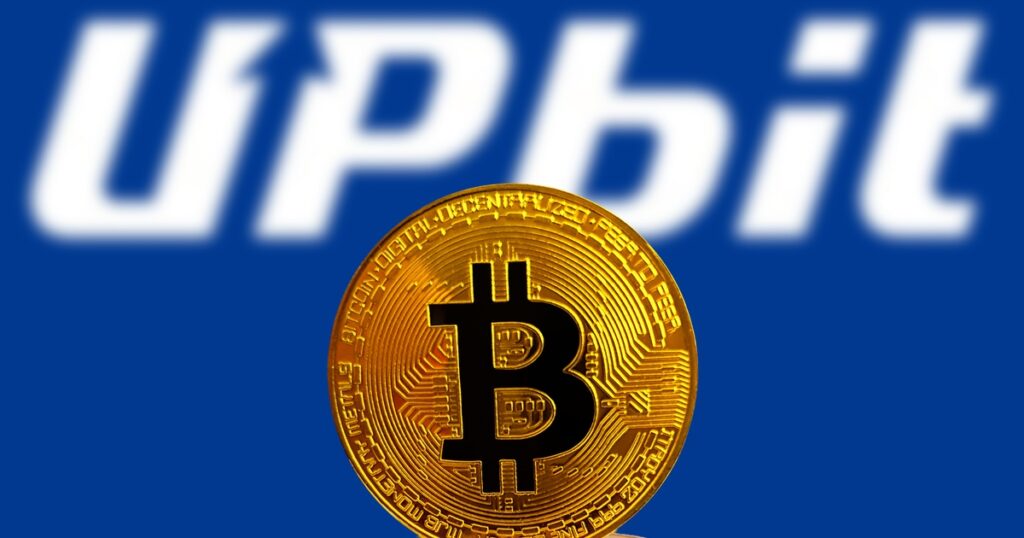Upbit rise to the top five global exchanges signals a revival in Asia’s crypto markets. The Korean Won now leads in trading BTC and other digital assets, surpassing the USD.

Asia’s cryptocurrency markets are again experiencing a robust resurgence, as the Upbit cryptocurrency exchange from South Korea now ranks among the top five global exchanges. According to recent market reports, the Korean Won has surpassed the USD as the most frequently exchanged fiat currency for Bitcoin and other digital assets.
Users have simple access to the vast selection of cryptocurrencies listed on the Upbit platform, giving it a lion’s share of the cryptocurrency landscape in South Korea. Eighty percent of the total cryptocurrency trading volume in South Korea is handled by Upbit alone, demonstrating its immense dominance in the region.
This places Upbit in direct competition with international competitors such as Coinbase. At the same time, however, market leaders like Binance are losing market share in Asia.
Notably, Upbit’s ascent has occurred despite the expansion of regulatory oversight in South Korea. The fact that Upbit’s customers accounted for nearly one-fifth of its primary banking partner’s total deposits in the previous year drew substantial criticism from a South Korean lawmaker.
Nevertheless, implementing fresh regulations designed to protect investors following the downfall of TerraUSD, an enterprise established by Do Kwon in 2022 and based in South Korea, may unintentionally bolster Upbit’s prevailing market position.
By the revised regulatory framework, cryptocurrency exchanges must enhance their reserves, obtain investor protection insurance, and increase their oversight of suspicious transactions. Consequently, Upbit also decided to process deposits and withdrawals over $1 million last week.
Crypto.com, headquartered in Singapore, announced on Tuesday, April 23, that it had decided to delay its launch in South Korea, citing additional consultation time with the relevant regulatory bodies.
Traders from South Korea have maintained a very high level of participation in the cryptocurrency space despite the TerraUSD stablecoin’s $40 billion debacle, demonstrating their willingness to undertake high-risk, high-reward investments.
In the previous year’s first half, official statistics indicate that more than six million Koreans, or more than ten percent of the population, participated in cryptocurrency trading on registered exchanges.
The extensive fascination with cryptocurrencies has evolved into a political issue in Seoul, where contenders for the parliamentary elections recently pledged to defer taxes on digital assets or relax restrictions on investing in Bitcoin ETFs based in the United States.
Contrary to the global platforms, which account for approximately 50% of the trading volume, altcoins, smaller tokens than Bitcoin and Ethereum, account for 80% of the trading volume on Korean exchanges, according to data from CryptoQuant. Ho Chan Chung, 35, the marketing director of the Korean analytics firm CryptoQuant, stated:
“I invested more in stocks before, but now I’m all in crypto. The Korean stock market has stagnated, and companies don’t operate for shareholders’ benefit.”
